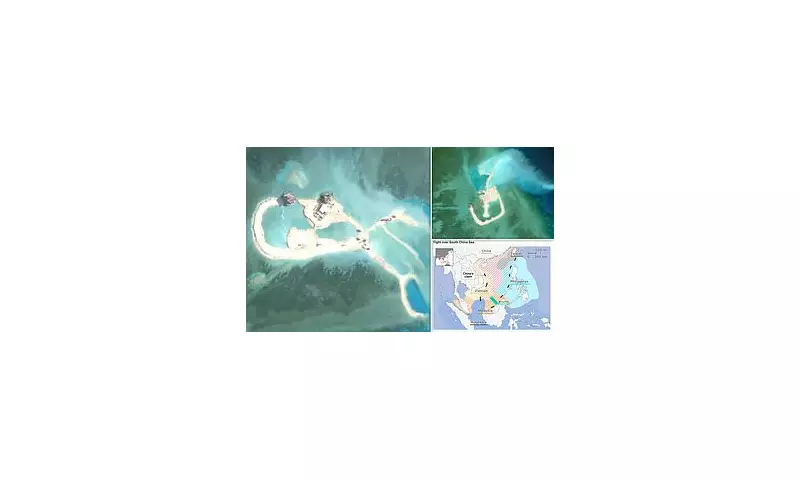
Exclusive new satellite intelligence has uncovered Vietnam's significant acceleration of a clandestine island-building programme in the highly contested waters of the South China Sea. The strategic move is a direct counter to Beijing's own extensive militarisation of the region and marks a major escalation in the long-standing territorial dispute.
The imagery, analysed by defence experts, shows a flurry of dredging and construction activity on several reefs in the Spratly Islands, which Vietnam claims as its own. The work is focused on expanding landmasses and fortifying these new outposts with critical military infrastructure.
A Strategic Response to Chinese Expansionism
This bold initiative is widely interpreted by analysts as Hanoi's most assertive response yet to China's sweeping claims over the vast maritime territory. For years, Beijing has constructed its own artificial islands, complete with runways, hangars, and advanced missile systems, effectively altering the strategic landscape.
Vietnam's enhanced building efforts are seen as a necessary measure to bolster its defensive capabilities and maintain a balance of power. The new bases will potentially allow for enhanced surveillance, quicker deployment of forces, and a stronger deterrent against perceived Chinese aggression.
The Global Stakes at Sea
The South China Sea is one of the world's most critical and volatile flashpoints. It is a vital artery for global trade, with trillions in shipping passing through annually. Beneath its waves lie potentially vast reserves of oil and natural gas, making sovereignty over these waters an issue of immense economic and national security importance for all claimant states.
Vietnam's actions, while escalating tensions, underscore a growing determination among Southeast Asian nations to resist Beijing's ambitions and uphold their claims based on international law, particularly the UN Convention on the Law of the Sea (UNCLOS). The international community continues to watch the region closely, concerned that any miscalculation could lead to a serious confrontation.





